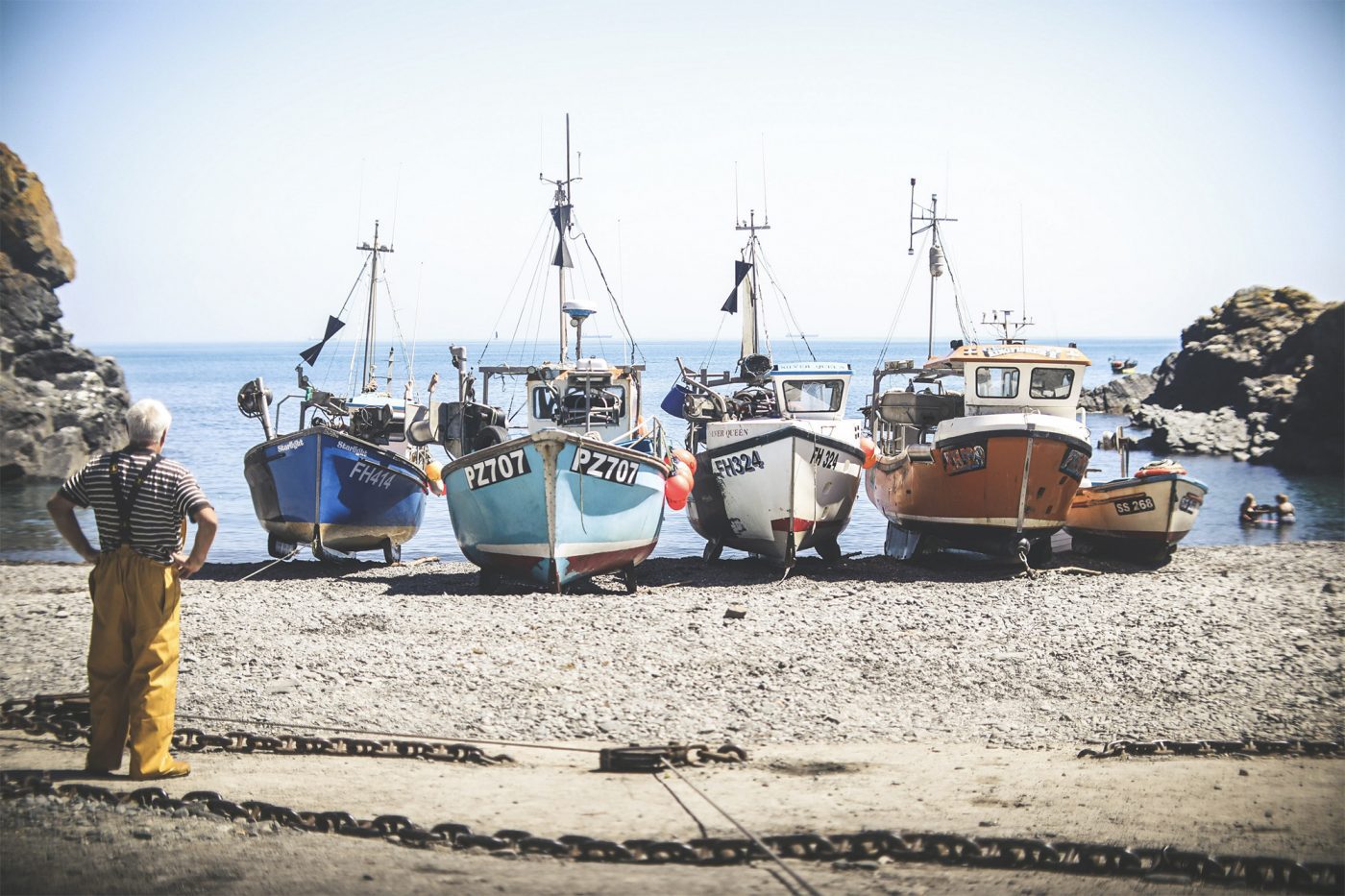26 June 2014
The National Federation of Fishermen’s Organisations Strongly Supports Measures to Address Hidden Threat
The national body representing the fishing industry is urging all
vessels to fit potentially lifesaving carbon monoxide detectors following the tragic
death of two fishermen in Whitby, who died after accidentally inhaling the
poisonous gas.
The National Federation of Fishermen’s Organisations (NFFO), strongly
supports initiatives to highlight the dangers of carbon monoxide (CO) poisoning
and this latest incident has lead the body to strongly supports additional
measures to address this hidden threat. The NFFO has been working closely with
the Maritime and Coastguard Agency (MCA) to follow recommendations from the Marine
Accident Investigation Branch (MAIB) and ensure similar incidents are prevented
in future.
“We are not normally in the business of adding to the regulatory
burden on fishermen”, said Barrie Deas, chief executive of the NFFO, “but the
minimal cost involved in fitting an alarm and the catastrophic consequences of
CO poisoning has persuaded us that an obligation to fit a detector should be
included in the new code of practice.”
Mark Arries, 26, and Edward Ide, 21, from Northumberland, were found
dead on the Eshcol, moored in Whitby harbour in January. The MAIB report into the incident, released
this month, confirmed the cause of death was CO poisoning and indicated this
could have been avoided if they’d had an alarm fitted in the boat.
Under the Health and Safety at Work
Regulations, it is a requirement for risks to be identified and suitable measures
taken to reduce the chance of harm. Therefore, fitting an alarm is already considered
a requirement under this regulation. However, the requirement is non-specific. The
NFFO says having the requirement in the new code will close loopholes and ensure
alarms are installed pre-accident where they can save lives.
The NFFO’s Safety and Training Officer, Robert Greenwood, said:
“This is a tragic incident, which unfortunately isn’t as rare as we’d hope it to
be. But, one simple change could have avoided it: the installation of a carbon
monoxide alarm.“The NFFO fully supports the
inclusion of a requirement for fitting carbon monoxide detectors in the new
codes of practice and we expect it will save lives, instead of the current
situation where individuals are punished for ignorance or negligence when it’s
already too late.”
In the MAIB report into the
incident, it highlighted six other cases since 2000 where seven people lost
their lives due to CO poisoning, the majority of whom were fishermen. It also
stated it receives a number of near misses each year.
Greenwood continued: “With fishing
already the most dangerous profession in the UK, there is no excuse for not
minimising just one of the risks in such a cheap and simple way.”
On top of supporting changes to the codes of practice, Greenwood has
been updating the Fishing Vessel Safety Folders, which the industry body Seafish
uses in its fishermen’s training courses, to ensure fishermen are alert to the
danger of CO fumes. Fishermen wanting to review the updated advice or to start
a fishing vessel safety folder are encouraged to visit www.safetyfolder.co.uk.

